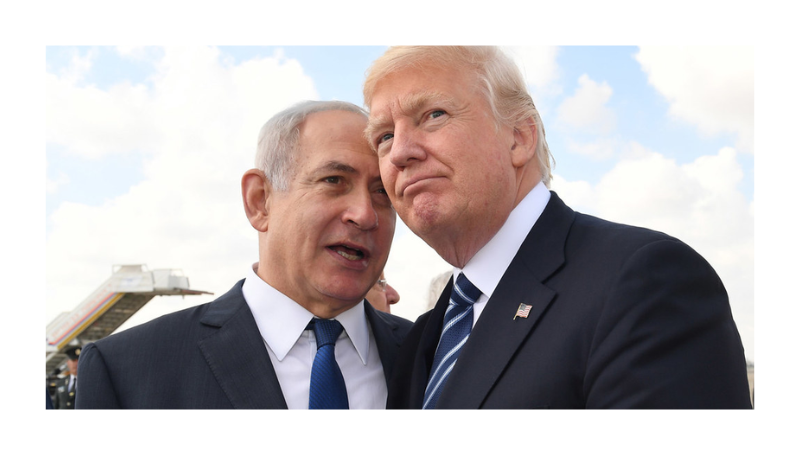Gökhan Ereli
Daily Sabah, July 9, 2025
“Saudi Arabia remains the most consequential potential signer, yet formal accession in the near term still seems unlikely.”
Last month, a giant billboard in Tel Aviv proclaimed, “It’s time for a new Middle East.” Yet behind the optimism lies a hard-nosed power play between Washington and Tel Aviv.
There is again a possibility of expanding the Abraham Accords in the Middle East post-Israel-Iran war. After the conclusion of the 12-day war between Israel and Iran, the U.S. and Israel hastily voiced optimism about the expansion of the Abraham Accords framework with the possible inclusion of Syria, Saudi Arabia, Oman and Lebanon.
First, the U.S.-imposed pause in direct hostilities between Israel and Iran reset the regional balance. Next, U.S. and Israeli leaders seized that window to animate normalization talks. Finally, they turned to institutional and diplomatic levers to lock in anti-Tehran alignment.
Central to this approach is the formalization of anti-Iran alignment through the very act of recognizing and legitimizing Israel: By promoting Israeli normalization as a normative benchmark, Washington and Tel Aviv seek to embed opposition to Iran within a broader, enduring regional order.
Embracing the idea again?
The swift U.S. strike on Iran’s nuclear sites – following Israel’s own operations – has dramatically weakened Tehran’s military strategy and underscored American military dominance. This reset in the balance of power gives the U.S. and Israel fresh diplomatic capital to press for broader Arab-Israeli normalization while Iran is on the back foot.
With Trump back in the White House, there is a concerted effort to translate “military victories” into a lasting political order. U.S. policymakers see an expanded Abraham Accords framework as the backbone of a new regional security arrangement – uniting Israel, Gulf states and other regional partners under American oversight to deter any future Iranian aggression. …SOURCE


